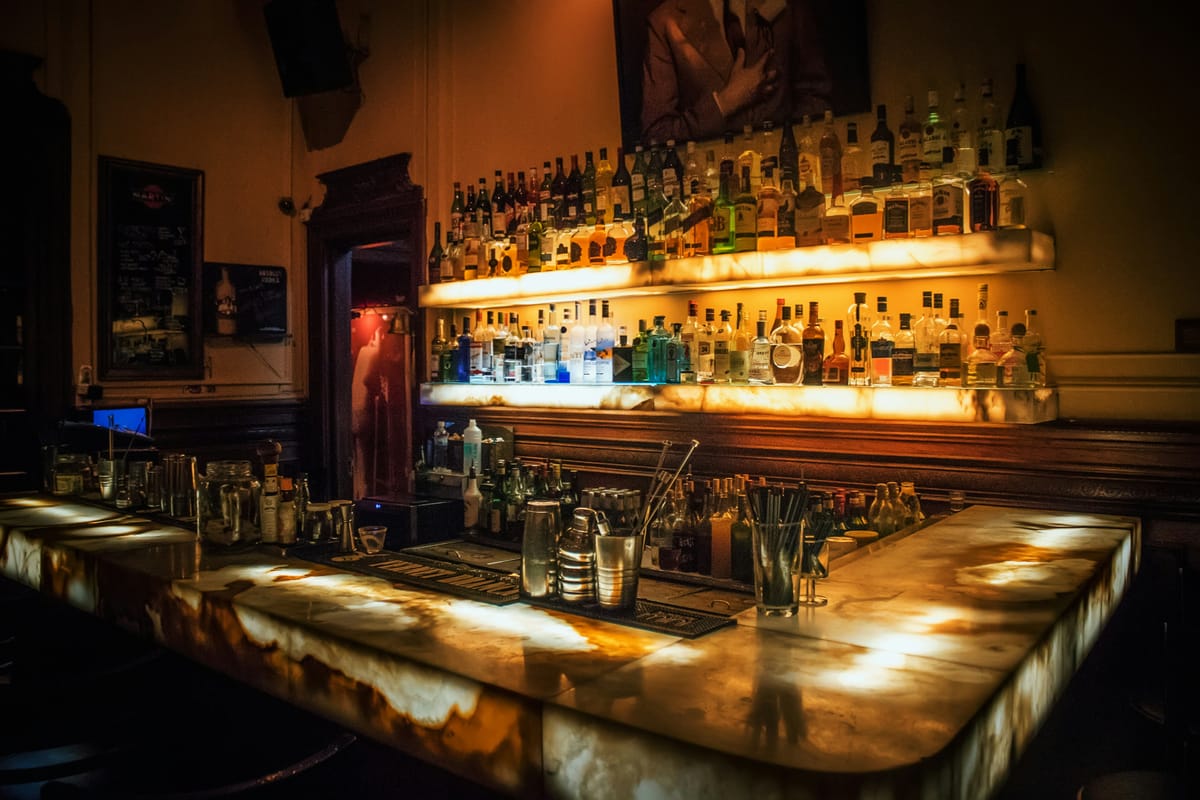D.C. Attorney General Sues Cloakroom Strip Club Over Sexual Exploitation and Wage Theft

The District of Columbia has filed a lawsuit against Cloakroom, a prominent D.C. strip club, alleging severe labor law violations, sexual harassment, and wage theft against its employees. The lawsuit, filed by D.C. Attorney General Brian Schwalb, names the club’s owners, Antonios Cavasilios and Carlos Horcasitas, as defendants, accusing them of fostering a hostile work environment and systematically exploiting their workers.
Allegations of Sexual Harassment and Exploitation
According to the complaint, Cloakroom’s management subjected female employees—including dancers, bartenders, and servers—to routine sexual harassment, inappropriate touching, and even sexual assault. The lawsuit alleges that Cavasilios himself engaged in predatory behavior, groping and forcibly kissing employees, while managers pressured workers into providing sexual favors in exchange for schedule changes and sick leave.
The complaint details an atmosphere of pervasive misconduct, where female employees were reportedly demeaned with sexist insults, subjected to unwanted advances, and in some cases, assaulted in areas of the club without security cameras. Workers who resisted or complained about this treatment allegedly faced retaliation, including financial penalties, threats, and even exposure to unsafe conditions.
Systemic Wage Theft and Financial Exploitation
Beyond the claims of sexual exploitation, the lawsuit accuses Cloakroom of engaging in widespread wage theft, including:
- Tip Theft: The club allegedly took a 10% cut of dancers’ earnings when they were paid in Cloakroom-branded currency, “Cloakbucks,” misleading customers who believed they were directly compensating the entertainers.
- Mandatory “Tip-Outs”: Dancers were reportedly forced to give a portion of their earnings to DJs, security guards, and VIP managers. Those who refused to comply were subjected to retaliation, including DJs intentionally playing unappealing music or security guards refusing to escort them to their cars, leaving them vulnerable to harassment.
- Failure to Pay Minimum Wage and Overtime: The club allegedly required entertainers to attend unpaid nightly meetings and miscalculated overtime wages for other employees, leading to substantial underpayment.
- Denial of Sick Leave: Employees were denied legally required paid sick leave, with some reporting that requests for time off were granted only in exchange for sexual favors.
Legal and Financial Ramifications
The lawsuit, filed under the D.C. Human Rights Act, Minimum Wage Revision Act, and several other labor and consumer protection laws, seeks financial restitution for the affected workers, civil penalties, and an injunction requiring Cloakroom to comply with the law.
“Workers in D.C. have the right to a safe workplace and fair pay. Cloakroom’s owners and management not only violated these rights but created a workplace fueled by harassment and theft,” Attorney General Schwalb stated in a press release.
The suit also alleges violations of consumer protection laws, arguing that Cloakroom misled patrons by failing to disclose that entertainers were not receiving the full amount of their tips.
Broader Implications
The case has sparked discussions about the rights of workers in the adult entertainment industry, an area where labor abuses often go unreported due to stigma and fear of retaliation. Labor advocates argue that this lawsuit is a significant step toward enforcing workplace protections for vulnerable workers.
Cloakroom has not publicly responded to the lawsuit, and its legal representatives have not issued a statement. The case will be closely watched as it unfolds in the D.C. Superior Court.
